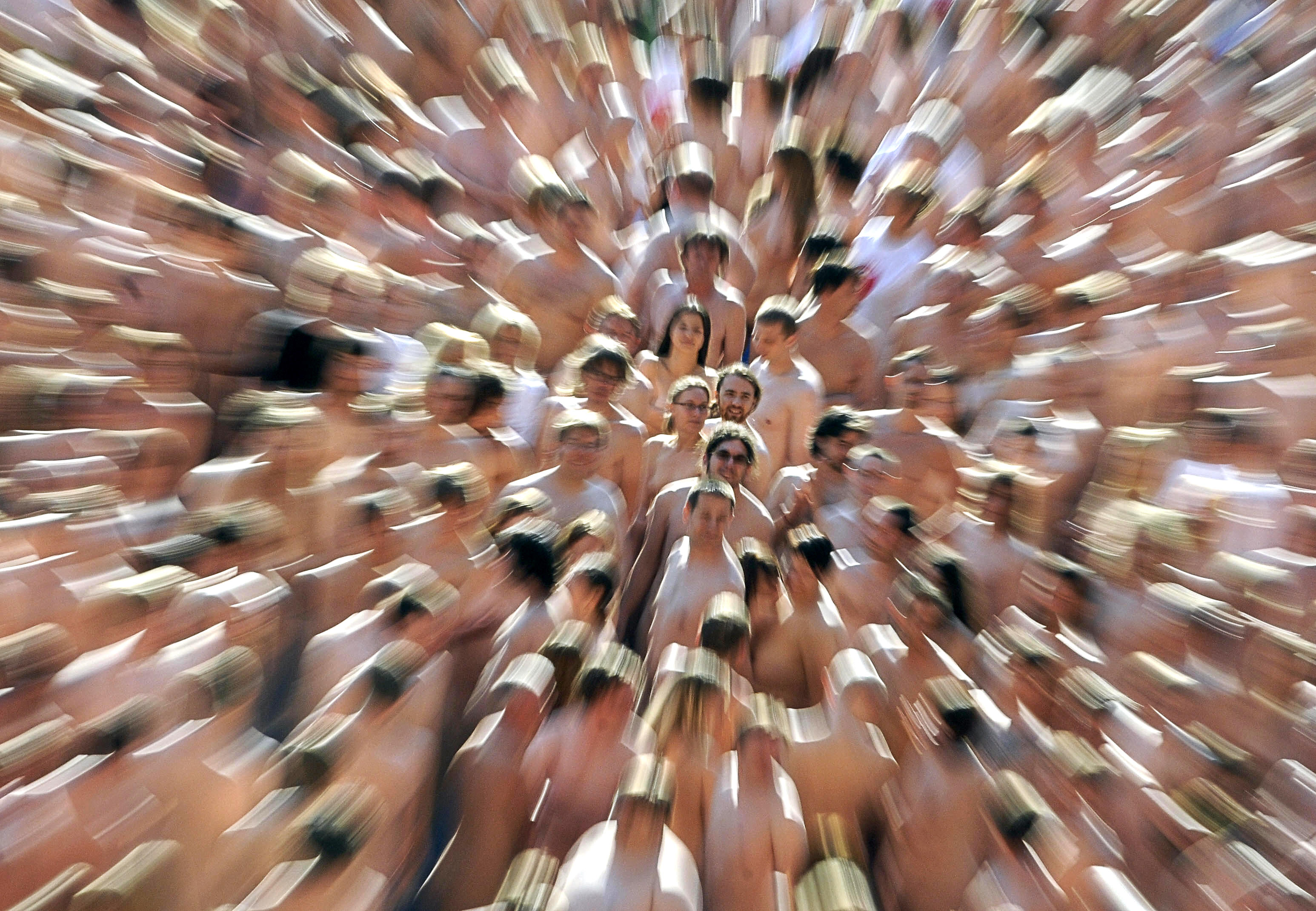Paul Ratner
Contributing Writer
Paul is a writer, filmmaker, and educator. He has written for years for Big Think and other outlets on transformative scientific research, history, and current events. His award-winning films like the true-life adventure "Moses on the Mesa" and the science documentary "The Caveman of Atomic City" have played at film festivals around the world. Paul also organizes numerous unique educational events, renowned film festivals, and competitions for thousands of people. He has degrees from Cornell University (BA) and Chapman University (MFA). You can follow Paul's work at paulratnerimagines.com, on Instagram, and Facebook.
A first study of its kind finds that psilocybin-containing “magic” mushrooms can be effective in treating depression.
A recent study demonstrates significant benefits of teaching young students philosophy.
A new study finds that one of the world’s most popular painkillers affects the ability to empathize with the suffering of others.
A Canadian teen who discovered a lost Mayan city via satellite imagery is not backing down from the critics.
A new study identifies key dietary factors that lead to healthy microbes in your gut.
New research produces surprising results about which animals are the smartest.
A small animal shuts down CERN’s Large Hadron Collider, the world’s largest scientific instrument, right before an experiment to detect new particles.
Researchers estimate how many humans have ever lived.
Spanish scientists utilize a revolutionary new technique to create sperm from skin in a potential cure for infertility.
Brief bursts of intense exercise give the same health benefits as a long moderate workout.
A new study finds that spanking is ineffective and leads to a host of psychological and cognitive issues when children grow up.
The decision to replace Andrew Jackson on the $20 brought up an opportunity to feature historical Native American leaders on U.S. currency.
There is a growing number of atheists in the world. There is also a growing amount of evidence pointing to the benefits of non-believing.
Mathematician Dr. Hannah Fry tells the story of zero, a genius idea that transformed human progress.
A new study confirms that zapping your brain with electricity might increase the ability for creative thought.
Looking at cute cat photos has potential work benefits according to a study by Hiroshima University researchers.
There are continuous gaps in consciousness when information is processed and you lose a sense of time says new research.
Groundbreaking brain scans by a crowdfunded study at Imperial College London show how LSD affects the brain and consciousness.
“Rage Yoga” is a new yoga movement that includes drinking beer, yelling out obscenities and a heavy metal soundtrack.
Neil deGrasse Tyson and others consider whether alien diseases have the potential to wipe out humanity and maybe already have in the past.
A new DNA study of ancient mummies shows the complete extinction of first Americans after the arrival of Europeans and provides support for the Bering Strait Theory.
Psychedelic mushrooms may be the explanation to how the human neocortex experienced a dramatic evolutionary change from early hominids to homo sapiens.
The name of our country reflects a legacy of blood-soaked European colonialism and other historical ills. To get a fresh start, we should rebrand America by renaming it.
A ninth planet does not only exist, but it causes comets to rain upon Earth, creating extinction events, says astrophysicist.
As we consider the 50th anniversary of the Vietnam War, the question arises – can any war be fought as a “just” war?
By comparing signatures in auction house transactions of over 400,000 paintings, researchers found that works by narcissistic artists sold for higher prices.
A team of scientists demonstrates that the unique physical adaption of a blind cavefish from Thailand shows how land-walking species evolved.
Your brain is the neural battleground of science and religion, with religious people and atheists differing in intelligence and empathy. Can the two extremes reconcile?
Online voting will transform our political process. It will improve turnout and make the U.S. a more democratic society.




























